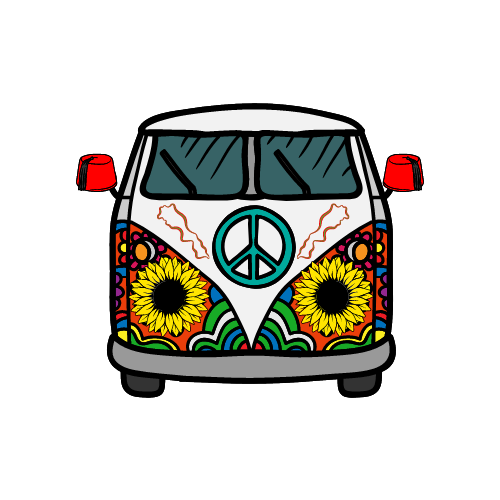Morocco, a country that sits at the crossroads of Africa and Europe, offers a fascinating study in contrasts. With its rich history, diverse culture, and rapid modernization efforts, it raises an intriguing question: Is Morocco considered a Third World country?
Is Morocco considered a Third World country?
The term “Third World” is outdated, yet it’s commonly used to refer to countries with less economic development and lower standards of living. To understand Morocco’s position, we must explore various aspects of its development.
Historical Context and Terminology
Understanding “Third World”
Initially, “Third World” referred to countries unaligned with NATO or the Communist Bloc during the Cold War. Today, it’s more about economic status than political alliances.
Morocco’s Economic Landscape
GDP Growth and Development
Morocco has seen significant GDP growth, driven by tourism, agriculture, and manufacturing.
Industry and Agriculture
The country is a major exporter of phosphates and has a robust agricultural sector, crucial for its economy.
Social Development in Morocco
Education and Literacy Rates
Significant investments in education have improved literacy rates and educational outcomes.
Healthcare and Life Expectancy
Healthcare reforms have increased life expectancy, though challenges remain in rural areas.
Technological Advancements in Morocco
Digital Transformation
Morocco is embracing digital technology to spur economic growth and improve public services.
Renewable Energy Projects
It’s a leader in renewable energy, with projects like the Noor Ouarzazate Solar Complex.
Morocco’s Political Climate
Governance and Stability
Morocco’s stable political system and progressive reforms have contributed to its development.
International Relations
It maintains strong international relations, enhancing its global standing.
Cultural Richness and Diversity
Traditions and Modernity
Morocco is a tapestry of ancient traditions and modern lifestyles, attracting millions of tourists yearly.
Tourism and Heritage Sites
Its rich heritage includes sites like Marrakech and the ancient city of Fez.
Environmental Initiatives
Conservation Efforts
Morocco is committed to conservation, protecting its unique landscapes and biodiversity.
Sustainable Practices
Sustainable development is a priority, with efforts to balance growth with environmental protection.
Morocco in the Global Market
Export and Trade Relations
Morocco’s strategic location makes it a key player in global trade, especially with Europe and Africa.
Foreign Investments
Foreign investments have increased, drawn by its stable economy and business-friendly environment.
Challenges and Opportunities
Economic Disparities
Despite growth, disparities remain, highlighting the need for inclusive development.
Future Prospects
Morocco stands at a pivotal point, with opportunities for further growth and development.
Conclusion
Morocco’s journey from a historical crossroads to a modernizing nation challenges the simplistic label of a “Third World” country. With its dynamic economy, cultural richness, and commitment to sustainable development, Morocco exemplifies a country moving confidently towards a brighter, more inclusive future.
